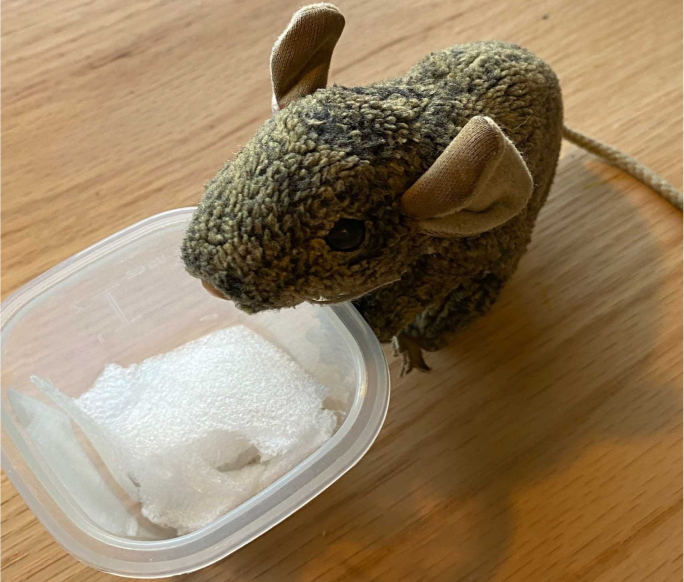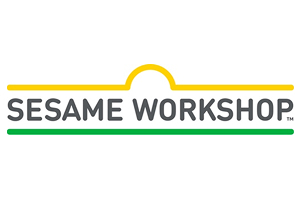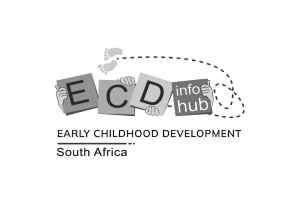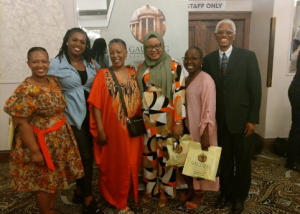The need for attention
In her influential book Apprenticeship in Thinking Barbara Rogoff explains:Children’s cognitive development is an apprenticeship that occurs through guided participation and social activity with companions who support and stretch children’s understanding of and skill in using the tools of culture.
Rogoff goes on to explain that for this apprenticeship to proceed joint attention, what she calls intersubjectivity, is required; that the child (the apprentice) and adult or older youth (the mentor) need to be attending to the same thing.
Joint attention is not always easy to achieve with young children, and not just because they pay attention to everything. There are a variety of parties competing for young children’s attention, and some of those involved are not in it to support children’s learning. Rather, they aim to get them to keep watching screens and want things they do not need. Yet for educators, reaching joint attention is essential in helping children learn.
Here I offer what some may find a surprising tool to gain and maintain children’s attention: puppets. I have been an early childhood educator for more than 40 years, as a researcher, teacher-educator, and classroom teacher. I am currently the atelierista (studio teacher) at Newtowne School in Cambridge, Massachusetts (USA). In this post I share some of my experiences with puppets and young children. I recognize these experiences come from a particular context, and I suspect puppets can be a useful tool for South African early childhood educators. Take what follows as a provocation to imagine possibilities.
Meet Enlin
Last month I was in Australia to deliver some talks to fellow early childhood practitioners. I had the wonderful opportunity to meet a former Newtowne student and her family who had moved back home. Four-year-old Tui and I hadn’t seen each other in nine months and she greeted me with a giant hug. And in the next breath she asked after Enlin.
Enlin is my mouse puppet. 21 centimeters from nose to tail, despite her small size, she has a large presence in the lives of many children at Newtowne. They ask after her, write her letters, and give her gifts (often make believe cheese created from found material).
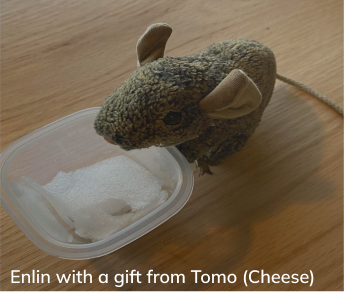
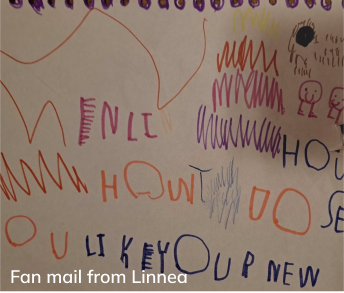
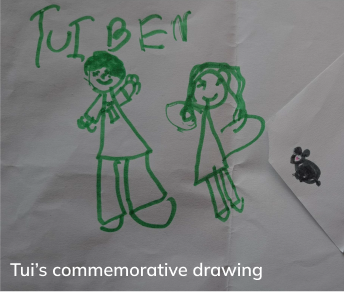
I was prepared for Tui’s request and had brought Enlin along to our meeting. Tui smiled on seeing her old friend, requested a “nose kiss” (a speciality of Enlin), and we all chatted for a while. To commemorate the reunion, Tui drew a picture of the three of us.
While over the years I have used other puppets, in this post I’ll focus on the adventures of Enlin the Mouse.
Kick starting relationships
One of Enlin’s finest moments was on a plane going from Denmark to the UK. For some reason, I was seated next to a four-year-old with her parents sitting on the other side of the aisle. The little girl was terrified of flying, and on takeoff started silently sobbing. She spoke no English and my Danish was rudimentary at best. Even if we had a shared language, I am not sure what I could have said to console her.
Enlin to the rescue. I brought out my puppet and popped her into my breast pocket with her nose poking out. This anomaly, an adult with a puppet, caught the girl’s attention. I placed Enlin on the armrest between us. The girl stopped crying. I put Enlin on my finger and had her say hello. The girl smiled. For the rest of the flight Enlin entertained her new friend.
There have been countless times when Enlin has helped me break the ice and start a relationship with a child. She can be particularly effective with children who are hesitant about meeting me, a new adult in their lives. With a relationship started we can begin attending to common matters–books, birds, and songs–and I begin supporting the child’s learning.
Enlin’s house: An example of prolonged attention
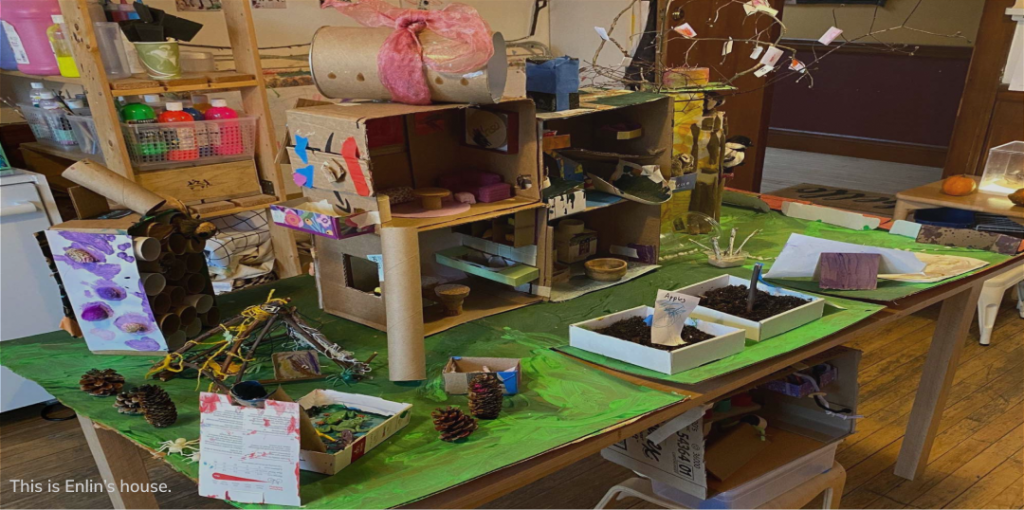
Created by the Blue Otters, children who had just turned four, it is made with cardboard and other recycled materials, paint, and glue. It has a bedroom, living room (with art on the walls), kitchen, and yard with a fence, sidewalk, garden plots and more.
The children spent several months creating the house.
The children’s high level of engagement over a long period of time in creating Enlin’s house was striking. The excitement among the children was palpable.These young children stayed focused on the project, doing research on what they might include, making plans, and then constructing. Up until the house was declared finished by the teachers (and even after), children continued to have ideas about what to include.
On the day of the grand opening, children excitedly showed their families what they created. Enlin provided a purpose for the work, helping achieve the joint attention the project needed to be completed.
“Enlin’s just a puppet, right?”
Some might wonder if giving Enlin (or other puppets) voice involves deception. No. In engaging with puppets, the children and
I understand that we are playing.
I have had multiple conversations with my students at Newtowne that follow a similar line as the following. Five-year-old Elijah and
I were walking from his classroom to the playground. Two months after meeting Enlin (and me) and interacting with her regularly, he asked, “Enlin is just a puppet, right?” I replied affirmatively.
A few minutes later Elijah came over to me and asked, “Is Mousey Friend hungry.” I took Enlin out of my pocket. She told Elijah that she was and he happily presented her with wood chips–stand-ins for smoked gouda cheese–which the children had decided was Enlin’s favorite.
The children know that Enlin is a puppet and enjoy the pretense that she is real.

How do you get started with puppets? You give it a try. You will have a very forgiving audience. You are not meant to be a professional puppeteer. The children will embrace your efforts and you will have a new tool to get their attention.
Ben Mardell is the studio teacher and the pedagogical consultant at Newtowne School. He is also a research affiliate at Lifelong Kindergarten at MIT’s Media Lab and co-editor of The Remake, an online newsletter devoted to helping educators think about how to deploy playful learning in this era of rapid climate change.
Written by Ben Mardell,
Studio teacher and the pedagogical consultant at Newtowne School
co-editor of The Remake
